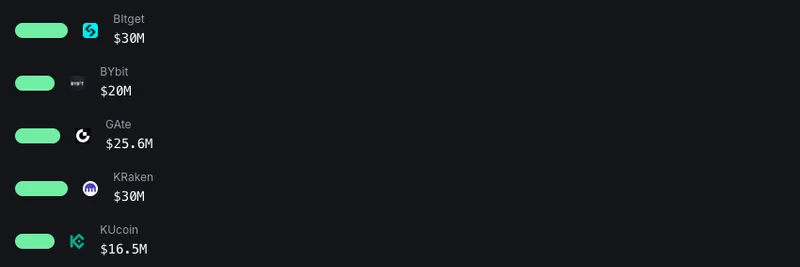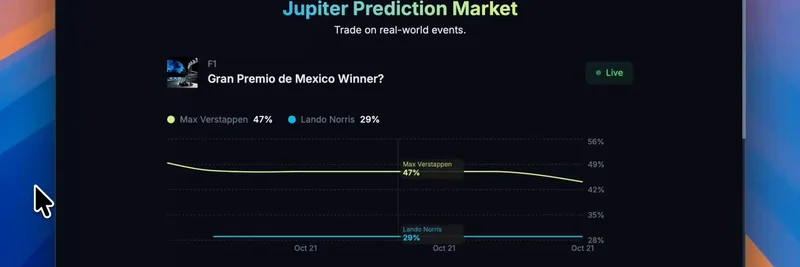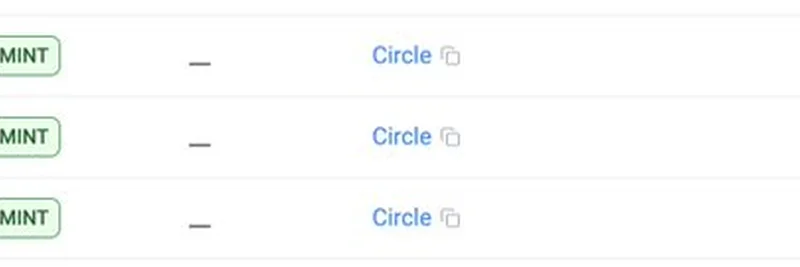In the fast-paced world of decentralized finance, or DeFi as it's commonly known, accessibility has always been a hurdle for many users. But things are changing rapidly. A recent announcement highlighted by BSC News on X introduces a game-changing tool that's set to make earning rewards on Ethereum (ETH) as simple as clicking a button.
What Is This New DeFi Widget All About?
P2P.org, a leading staking provider, has teamed up with Lido Finance, Veda Labs, and Seven Seas to roll out the ETH DeFi Vault—a plug-and-play widget designed specifically for wallets. This isn't just another tech gimmick; it's a practical solution that lets wallet providers integrate DeFi features without the hassle of custom coding. Imagine adding staking rewards to your wallet in under a day—that's the promise here.
For those new to the terms, staking involves locking up your cryptocurrency to support a blockchain network's operations, and in return, you earn rewards. ETH staking, in particular, has grown popular since Ethereum's shift to proof-of-stake. DeFi takes this further by allowing users to lend, borrow, or trade assets in a decentralized way, often yielding higher returns.
The widget builds on Lido's liquid staking tech, which lets you stake ETH while keeping it liquid through stETH tokens. Veda contributes its BoringVault architecture for secure and scalable vaults, and Seven Seas handles the strategy management to optimize performance. Together, they create a seamless experience where users can access auto-compounding rewards directly in their wallets.
Key Benefits for Users and Wallet Providers
One of the standout features is the estimated 8-10% annual percentage yield (APY) on ETH rewards. APY is basically the real rate of return, accounting for compounding interest—meaning your earnings grow on top of previous earnings automatically. During the initial launch, there are no fees, making it even more attractive to dip your toes in.
For everyday users, this lowers the entry barriers. No more navigating complex DeFi protocols or worrying about gas fees eating into profits. It's all about simplicity: one-click integration to start earning.
Wallet providers aren't left out either. By embedding this widget, they can offer their users diversified portfolio options and even generate revenue through deposits funneled via their platforms. It's a win-win, fostering greater adoption across the ecosystem.
Plus, the widget supports Ethereum rollups and Layer 2 networks. These are scaling solutions that make transactions faster and cheaper on Ethereum, so expect compatibility with popular chains like Optimism or Arbitrum in the future.
How Does It Work Under the Hood?
At its core, the ETH DeFi Vault leverages proven technologies. Lido handles the staking and reward distribution, ensuring your ETH is put to work securely. Veda's infrastructure provides the vault framework, which is robust enough to handle growth across multiple networks. Seven Seas adds the smarts for strategy execution, keeping everything running smoothly.
Users simply interact with the widget in their wallet, deposit ETH, and watch the rewards accumulate with auto-compounding. No need for advanced knowledge—just straightforward access to DeFi vaults.
Looking ahead, P2P.org plans to add more analytics and optimization tools, helping users track and tweak their portfolios easily.
Why This Matters for the Broader Crypto Space
This development comes at a time when P2P.org is expanding its footprint, having staked over 1.2 million ETH (worth more than $4 billion) and opening a new U.S. office amid surging demand. It's a sign that institutional and retail interest in staking is booming.
For blockchain enthusiasts, especially those in the meme token community who often hold ETH as a base asset, this widget could mean easier ways to grow holdings without selling off volatile memes. It aligns with the broader push for user-friendly tools that democratize finance.
If you're curious to learn more, check out the full details on BSC News. As DeFi evolves, innovations like this are paving the way for mass adoption, one click at a time.




